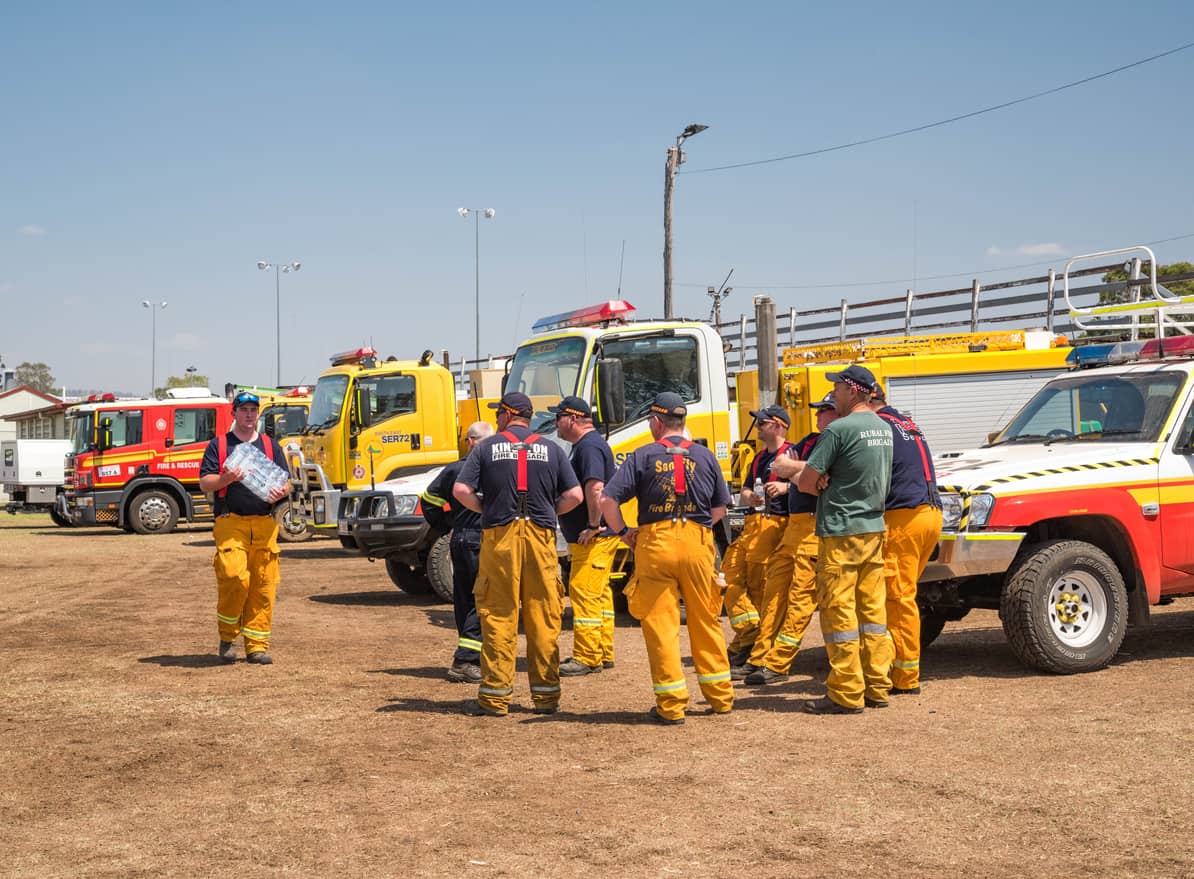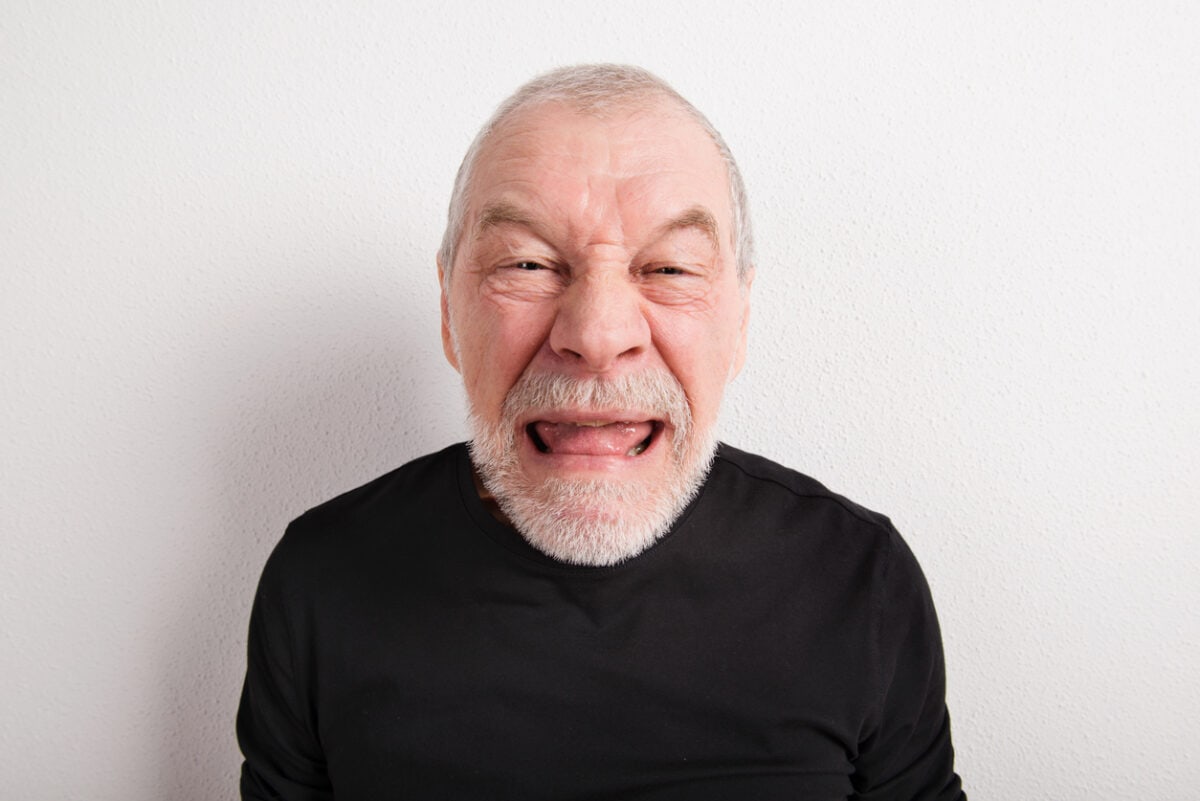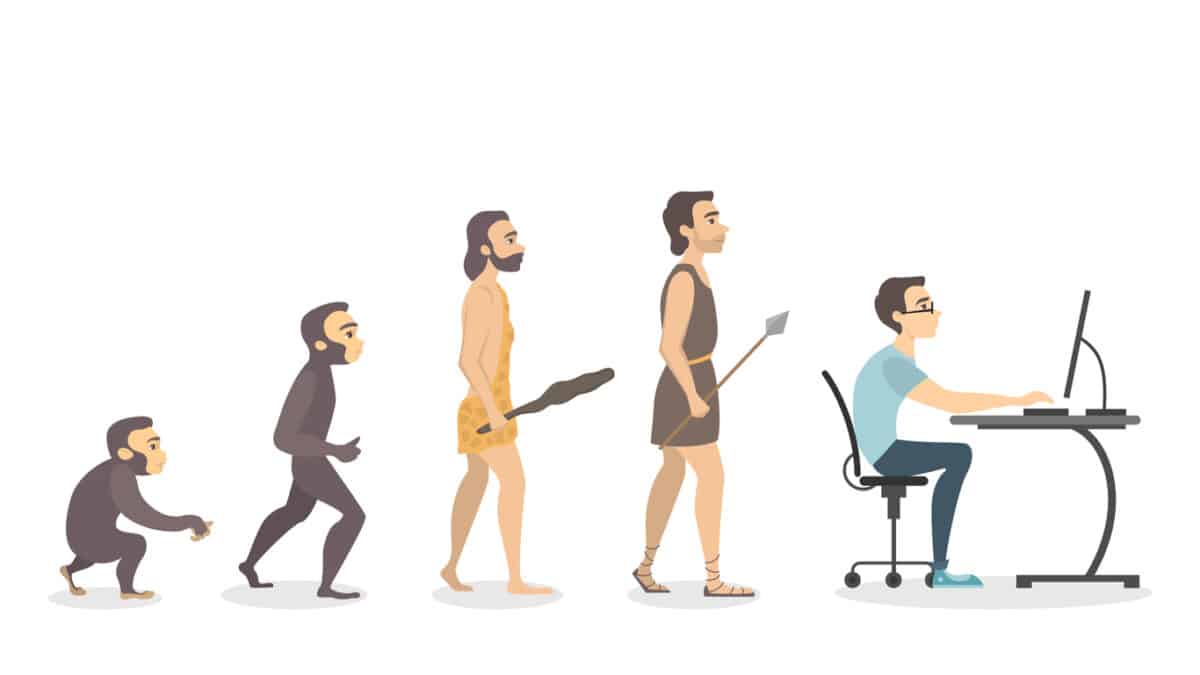It’s National Safe Work Month in Australia this October. This year’s theme is SafeTea** emphasising the importance of involving everyone in work health and safety (WHS) discussions by encouraging workplaces to have a safety chat over a cup of tea. This started me thinking about safety conversations. Is the Safety Moment mentioned at the start of every meeting ritual impactful, engaging, behaviour changing or is just eroding safety credibility?
Toothless enforcement
Ross Gittins is a prominent Australian economics journalist. In The Age on September 20, 2023, he wrote an article about the recent spate of corporations being prosecuted and penalized for breaking the law. Many of his points can also relate to companies and executives breaking occupational health and safety (OHS) laws.
Continue reading “Toothless enforcement”OHS context in many mainstream news stories, if you look
Occupational health and safety (OHS) is rarely reported on in the mainstream newspapers but every week OHS is there, adding a contect to a scandal or subtext to a public health risk. Last weekend was no different. The Guardian of September 16, 2023 reported on a review of personal relationships by BP, a prison escape, deaths from air pollution, a more relaxed approach to work, shoplifting and customer aggression, and more.
Tough Treatment for Asbestos Contamination and Thyssen Krupp’s Exit Plan
It’s been years since I have seen anything in the Australian press about companies or individuals being penalised for asbestos contamination. That despite workers telling me since being back in Australia, they have suspected asbestos when demolishing older domestic, cultural and industrial structures or even while digging shallow excavations in preparation for construction or mining.
It seems like Australian fashion for deregulation may have bitten into OHS.
“Tight Loose Tight” needs broader explanation
The Australian Industry Group (AIGroup) has published an article intended to rebuild trust between workers and employers and is based on a “Tight Loose Tight” concept. It seems to make sense and maybe moreso to its intended audience but it is missing essential integration.
Have Tourists and Party Goers Lost the Right to Safe and Healthy Experiences?
Last year I watched Trainwreck, a documentary on the Woodstock ‘99 music festival. After watching, I took a moment to pause and reflect. I asked myself, have we as a society, and as health and safety professionals, really learned and improved as much as we could have? Over the past five years, Splendour in the Grass, Fyre Festival, Astro World and Houston Music Festival have all experienced unsafe and unhealthy practices, and even fatal occurrences. These events are not typically discussed in the occupational health and safety circle, and they are not the usual scenarios that are looked to for lessons learned. Nor are the recovery efforts presented at conferences, with improvements showcased and implemented at the next event.
You pay peanuts, you get monkeys
A recent Crikey article quotes a Qantas pilot saying “you pay peanuts, you get monkeys”. Australian businesses are gfighting asgainst wage increases, so they must want to employ “monkeys”.
Australia is engaging in its ritual industrial relations (IR) arguments about productivity, pay and conditions. Business concerns are that the IR changes will increase business costs beyond the point of sustainability (ie. Profitability), as always. Trade unions want improved worker pay and conditions.







